A key element to how Formula 1's competitive order will shake out over the next few years is how well manufacturers respond to the introduction of an engine freeze.
Put simply, the freeze is an enforced sport-wide shutdown of all power unit-related research and development. The aim is to allow for widespread cost-saving for a few years. The rules for the engines will remain virtually identical until, at least, 2025 as the sport then gears up for a new engine formula – the development for which will be extremely intensive once the formula is agreed upon.
The freeze has the effect of ensuring two development programmes are not required simultaneously, significantly reducing costs in an era of tightening budget caps.
The engine freeze takes effect just before the start of the 2022 season, meaning the manufacturers are currently flat out on their test benches trying to squeeze every last bit of power and efficiency from their units, while also trying to balance that against the reliability demands of modern F1.
A major consideration for this season is the introduction of a new 'E10' fuel. A more sustainable fuel, the move to E10 raises the ethanol content from 5.75 per cent to 10 per cent – a small percentage increase which means a big engineering headache for the likes of Honda, Ferrari, Mercedes and Renault as the sport's current engine builders.
Forced to dig deep to engineer their way out of the horsepower dip caused by the fuel switch, whichever manufacturer nails the changes could lock in a performance advantage for the entirety of the engine freeze.
What are the key dates for the engine freeze?
The first important date in 2022 is on 1 March. It is on this date the engine manufacturers must submit their 'homologation dossier'. These documents are, essentially, their completed engine design, with only select minor components not required to be included.
Manufacturers must submit separate dossiers for each team they intend to supply, in order to demarcate individual design choices such as wiring looms and layouts, fuel suppliers, lubricants and individual installation requirements.
Once homologated, the approved engine, in that specification, will be permitted for use until the end of the 2025 season.
However, 1 March is not quite the end date for development. While almost the entirety of the power unit will be frozen from that date, development of three hybrid ancillaries will be permitted for a further six months.
By 1 September, the engine manufacturers must submit their final designs for the Energy Store (ES), Control Electronics (CE) and the MGU-K. However, there is only one change of specification for these permitted between now and September – this means the components cannot be continuously upgraded throughout this season before the final sign-off.
From 1 September, all performance-focused development is stopped for the next three years.
Key dates: F1's engine freeze
| Power unit component | Date of homologation | Upgrade deadline |
|---|---|---|
| Internal Combustion Engine (ICE) | 1 March | 1 March |
| Turbocharger | 1 March | 1 March |
| MGU-H | 1 March | 1 March |
| Exhaust | 1 March | 1 March |
| Fuel | 1 March | 1 March |
| Oil | 1 March | 1 March |
| MGU-K | 1 September | 1 September |
| Control Electronics | 1 September | 1 September |
| Energy Store | 1 September | 1 September |
Exceptions to the rule
As ever, there are some exceptions to the rules, mainly to allow for design flaws that have an effect on safety or reliability. Unsurprisingly, the rulebook will not let manufacturers pretend their engines are unreliable in order to try boosting up their power, meaning a strict procedure has been applied if changes to a power unit are sought.
An engine supplier wishing to make changes can submit a written application to the FIA's Technical Department, outlining the reasons for the request. As well as a detailed explanation, the manufacturer must include evidence outlining the research into the issue and how they have proven the change will rectify it.
The submitted explanation and proposed solution will then be circulated by the FIA between all the engine manufacturers, in order to get a better understanding of whether the original manufacturer's request is justified and fair. If the FIA are satisfied by what the other manufacturers say about the solution, then permission may be granted to make the change.
Very minor changes will also be permitted, provided the Technical Department is notified and approves. These changes relate mostly to wiring, Turbocharger-positioning (to within 20 millimetres of movement), wastegate and piping-positioning, as well as valve-positioning.
The freeze also applies to the fuel and oil suppliers, but teams will be permitted to change suppliers during the homologation period – providing the change is for commercial, not technical, reasons.
A frantic final month for manufacturers
It is crunch time for the sport's engine manufacturers, which need to nail the E10 fuel challenge and ensure the 2022 power units are of standard before the March deadline in just four weeks' time.
If they are not, the only possibility of a fix involves a humiliating trip to the FIA, and a public dissection of their issues amongst the other engine suppliers.
It is a fascinating new element to the revolutionary dynamic of F1 in 2022, so which of the engine manufacturers will get it right at the first time of asking?
Also interesting:
F1 Podcast: Why F1 2022 could be the most exciting season ever
With huge changes being made to the F1 rule book for 2022, our journalists Dieter Rencken, Mike Seymour and Thomas Maher look ahead to the new season.
Subscribe to our YouTube channel and don't miss a thing of Formula 1
Subscribe to our Youtube channelMost read
In this article
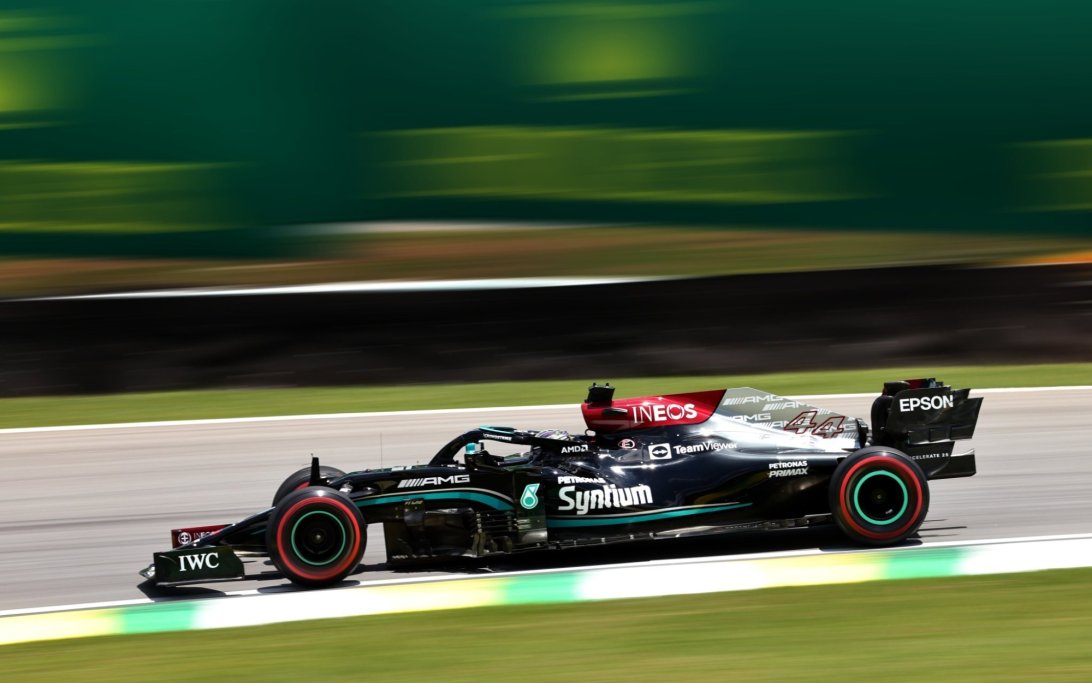
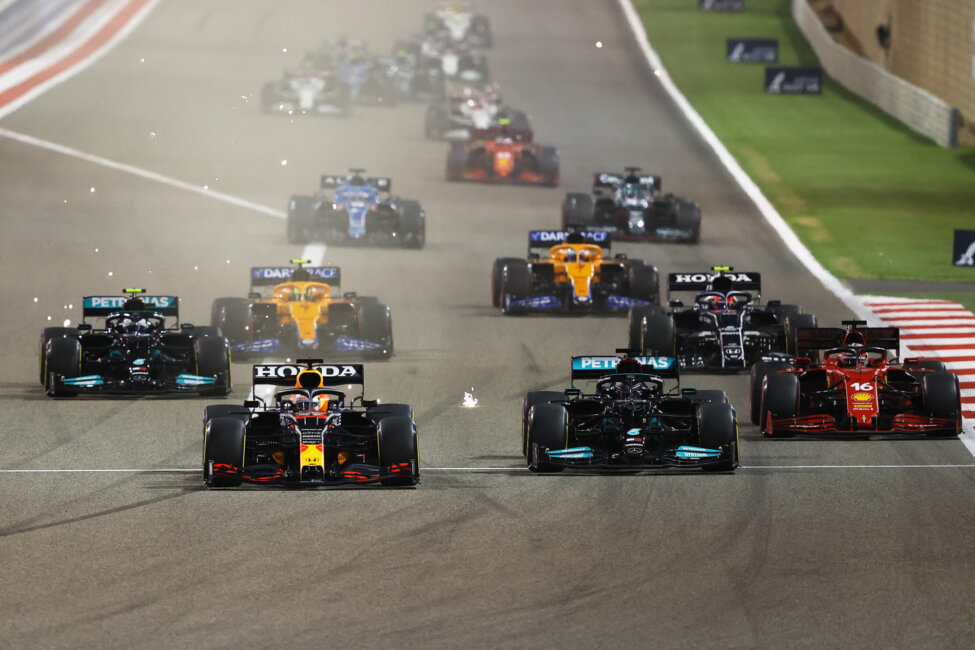
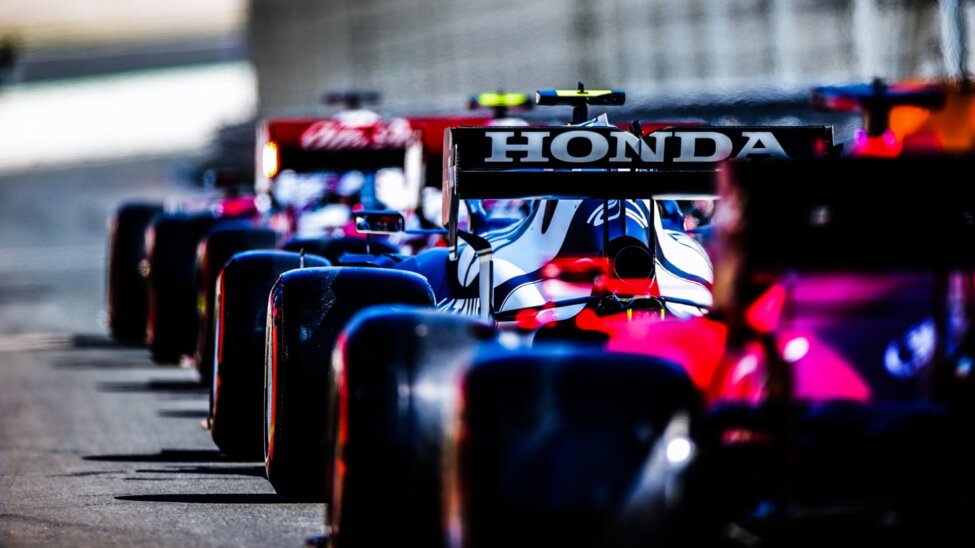



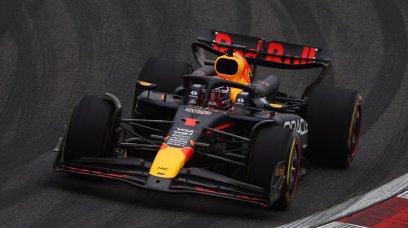
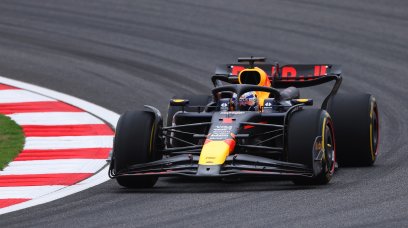


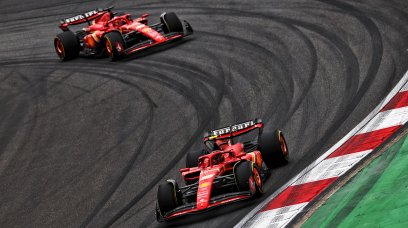
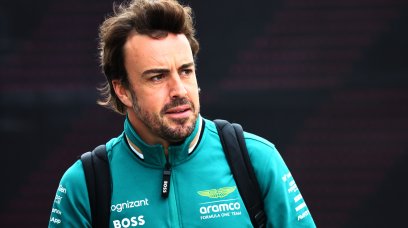

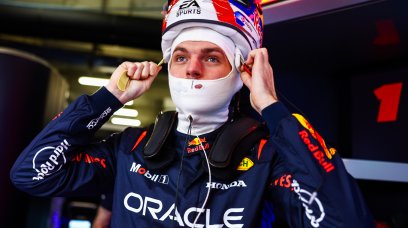












Join the conversation!